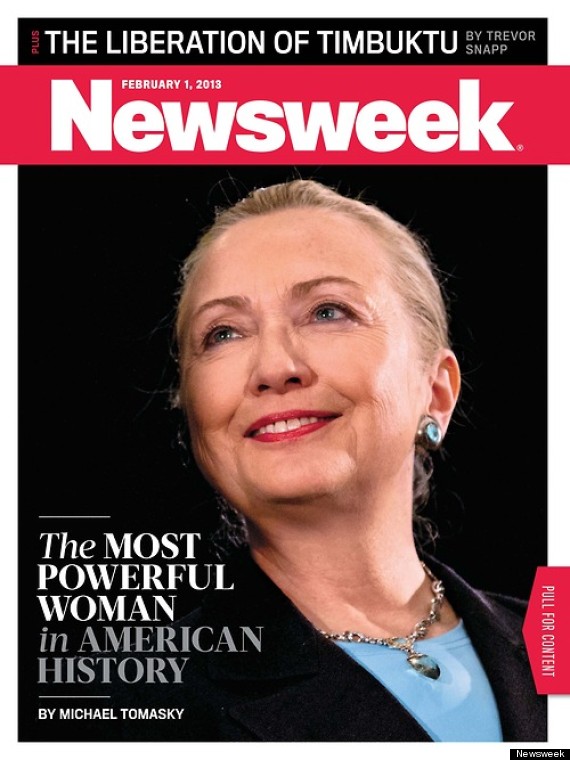The advertising industry is keen on choosing its audience and know how to aim directly at the personal issues affecting men and women all over the world. They know that women worry immensly about they're image, so they exploit dietery supplements and low-calorie foods. Or that men's image is uplifted by their placement in a place that is foreing to them, the kitchen. This is a problem that revolves around the advertising industry and even though the audience knows what's being done to them they still do not realize the intensity of it.
As much as women may acheive in a political career or a status in the media, her role, in the eyes of many, it will always come down to if she maintain the role that was set for her as a housemother. In Hunger as Idealogy the author mentions the 1992 Presidential campaign, where Hillary Clinton came out with a statement empowering women, and later on had to be degraded to competition with Barbara Bush to see who could make a the best cookie. To see a women as powerful as the Hillary Clinton be pushed to fit into a kitchen, literary a kitchen, is a belittlement to all women who have worked hard in the academic grounds to achieve somenthing more. (121-122, Bordo)
"The trope of female hunger as female sexuality is embodied in attractive female characters; more frequently, however, female hunger as sexuality is represented by Western culture in misogynist images permeated with terror and loathing rather than affection or admiration." (116-117, Bordo) It is stated in this descriptive sentence that female hunger is only demonstrated to prove hunger in sexuality, but only in sexuality, it is seen as sensual and correct for a woman to show her sexuality while eating food. However, that would not be the case in everything else, women, repeatedly go about to avoid eating in front of people or simply eating in smaller portions; smaller portions shows controls and the refusal of gaining weight. With the picture of an ice cream sunday next to a Fit'n'Frosty shake it becomes obvious that women should not engage in any pleasureable activities with anything that can enhance the size of a women. A woman should always be conscious of her weight.
It is an imprisonement for women to have a daily struggle with what they want to eat and what they can eat. Thus this internal fight turns, most of the time, into an eating disorder, where the person control themselves by not eating much in front of people but then scarfing down food in the privacy of their own home. This leads immense amount of women falling in a deep, dark hole where they cannot control anything. To please their sweet tooth or reward themselves, women are the face of bite-size desserts; desserts that are suitable for to maintain their image and weight. The collateral damages that come from these advertisement and images do not only pertain to women, men also fall victim to the media's monopoly.
In the 21st Century there is a culture of women who have also gone about losing weight by the most drastic means, drugs, surgery and nicotine, all to obtain the image of the "prefect body" . They are made to lose weight to be seen on the cover of a magazine or to have million followers. A recent star, Jennifer Lawrence recently said that she is considered to be fat actress in Hollywood and it doesn't bother her. This is just one example of the media influence upon atresses in hollywood. This is just all part of a sensationalism that drives people to the extrem.
Hooks, Bell. Black Looks: Race and Representation. South End Press: 1992. Print
Kilbourne, Jean. "Beauty and the Beast of Advertising." Media & Values. N.p.: Winter, 1989. 121-25. Print.



No comments:
Post a Comment